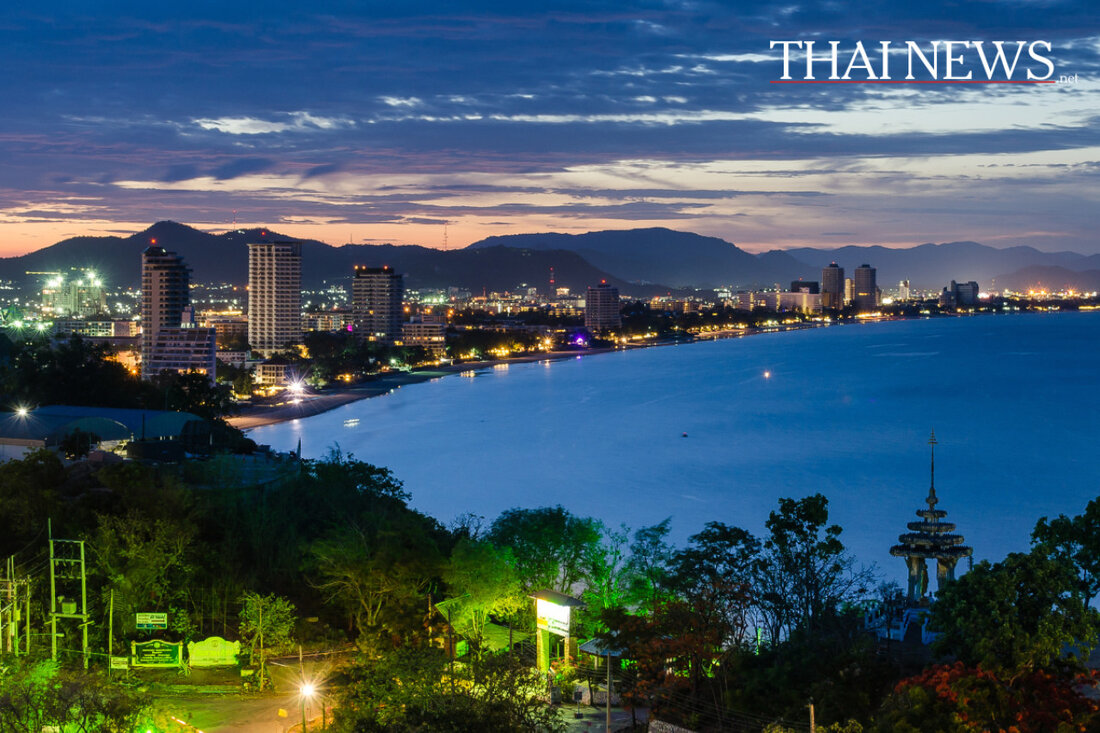Bio Mart Hua Hin 2025: Sustainable tourism for the future!
Bio Mart Hua Hin 2025 promotes sustainable tourism and organic products from October 1st to 5th at Market Village.

Bio Mart Hua Hin 2025: Sustainable tourism for the future!
In Hua Hin, where the tropical sun meets the sea, the “Bio Mart Hua Hin 2025” event will take place from October 1st to 5th, 2025. Organized by BEDO (Biodiversity-Based Economic Development Office) and UNDP Thailand, the fair aims to promote organic products and sustainable tourism. The event, held at Market Village Hua Hin, will receive additional support from the Global Environment Facility (GEF) and could prove to be a real draw for local entrepreneurs and tourists looking to both purchase products and learn about sustainable practices.
The director of BEDO, Dr. Thanit Changthaworn, comments on the importance of this event. He emphasizes that it is important to find a balance between the use and conservation of biodiversity. In the province of Prachuap Khiri Khan, as an important center for biodiversity in Thailand, the trade fair could not only bring economic growth, but also provide the decisive impetus for sustainable development, especially in the aftermath of the challenges posed by COVID-19.
A look at the offers
And what exactly can participants expect at Bio Mart? The event includes an organic market with more than 40 local vendors showcasing their artisanal and organic products. Workshops and demonstrations on local crafts invite everyone to actively participate and learn more about the region's traditions. Information stands on biodiversity and responsible tourism offers are also provided. Visitors can look forward to special sales campaigns and offers - perhaps one or two bargain hunters will find what they are looking for here!
The “BEDO Reach to Love” project, which aims to promote sustainable tourism, is also being introduced. This project is aimed at tourists who want to delve deeper into the culture and nature of the region. Such initiatives could serve as a model for how economic growth and environmental protection can go hand in hand.
Tourism in transition
But sustainable tourism is not a monopoly affair. If you look at the developments in Thailand, you can see a change towards more mindfulness. The region is becoming increasingly aware of the importance of preserving the country's natural and cultural treasures. General tourism generated a huge revenue of 2 trillion baht in 2019 with over 39 million international visitors, accounting for almost 11% of gross domestic product. But this growth also has consequences: The so-called “White Lotus Effect” describes many of the negative consequences of mass tourism, which primarily put a strain on local cultures and ecosystems. Strong tourist flows lead to increased living costs and the commercialization of traditional practices.
To address these challenges, strategies such as community-based tourism (CBT) are becoming increasingly important. Such approaches ensure that the profits from tourism stay within communities and actively promote the involvement of local people. At the same time, campaigns such as the Thai government’s “Go Green” aim to promote sustainable practices. It is important to find the balance between economy and ecology.
In these turbulent times, it is clear how crucial collaboration between companies, NGOs, local communities and government agencies is in order to successfully promote sustainable tourism. Such initiatives could not only help ensure economic stability, but also protect the environment and preserve cultural identity. Bio Mart Hua Hin 2025 could be the right place to make these topics tangible and tangible.
For anyone who doesn't want to miss the event, taking part is a great opportunity to learn more about the importance of sustainable tourism and support local providers. The upcoming event promises not only informative exchange, but also a good dose of inspiration for the future of the region.

 Suche
Suche
 Mein Konto
Mein Konto
